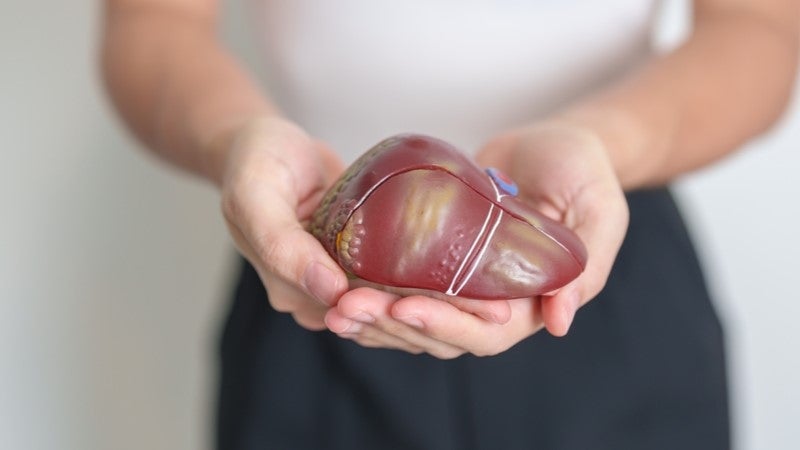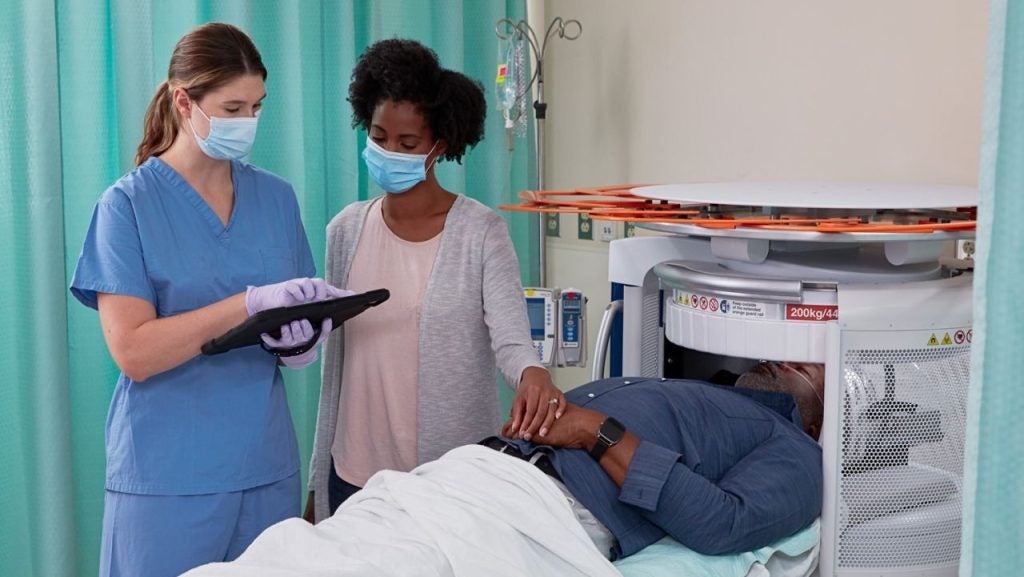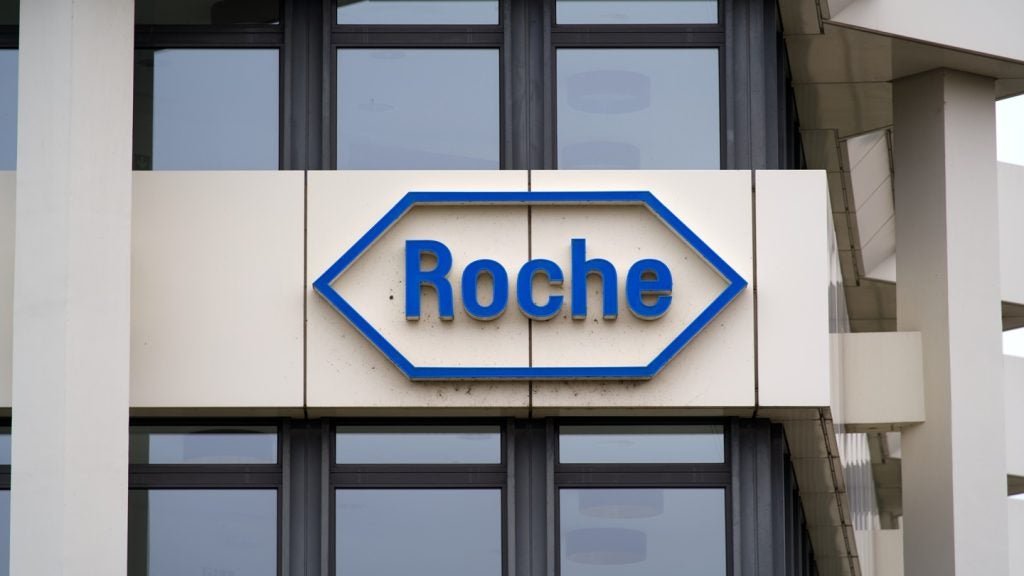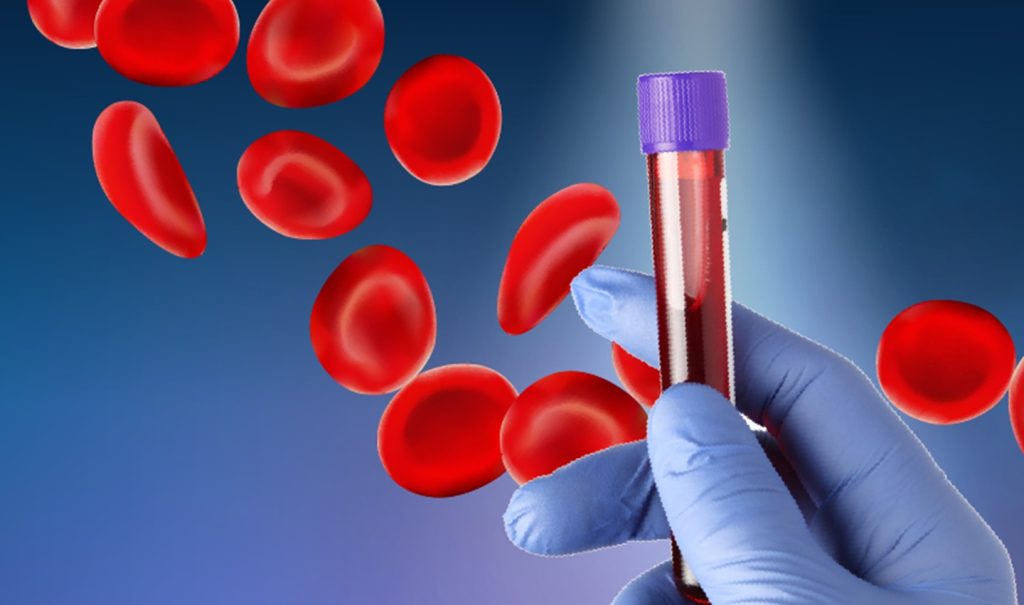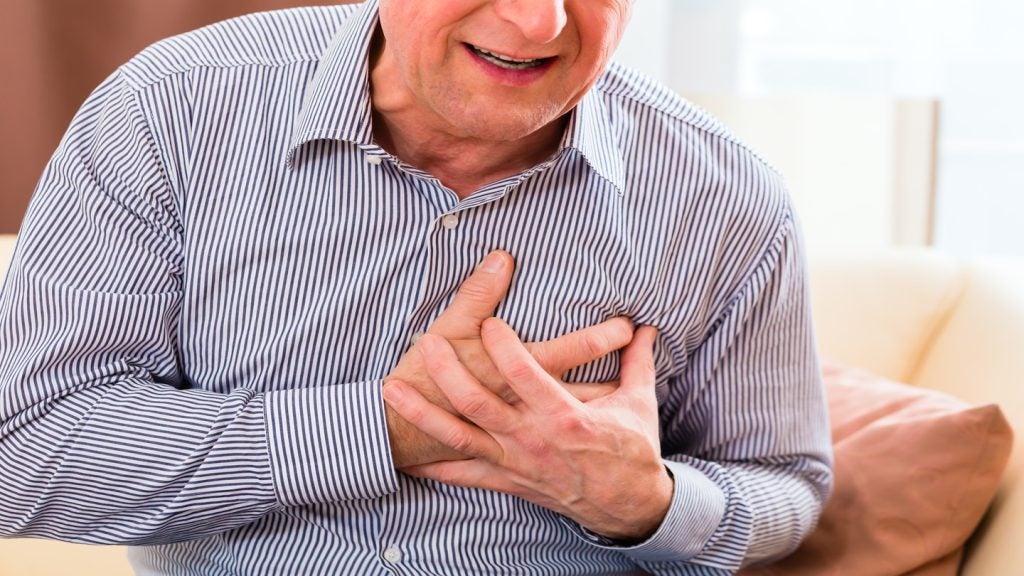Bridge to Life has unveiled data from three Italian trials for its mechanical perfusion device, HOPE [hypothermic oxygenated perfusion], showing that the use of the device improved outcomes in redo-liver transplantation.
Organ preservation is important for storing and transporting livers designated for transport. The HOPE device pumps a preservation solution continuously through the organ at temperatures between 1°C and 10°C, unlike the standard cold storage methods where the organs are stored at colder temperatures.
The REDO-HOPE trial enrolled adult patients who received a second or third liver transplant. The study compared the liver transplant outcomes of HOPE redo-liver transplants with benchmark values and those of a matched group of redo-liver transplants performed using static cold storage. The study met its primary endpoint of 12-month graft survival.
The preliminary analysis also showed that “HOPE may allow performing redo-LT with outcomes comparable to benchmark values despite the use of extended criteria donors (ECD) grafts”.
Another retrospective study compared the risk of bloodstream infection in liver transplant recipients following HOPE versus static cold storage. Although machine perfusion is associated with an increased risk of graft contamination and bacterial overgrowth, the study found that the rate of bloodstream infections following liver transplant was comparable in both groups. Researchers did note that the HOPE group participants had more positive microbiological samples, mostly from bile or tracheal aspirates, however, the patients did not have associated clinical symptoms.
The third trial evaluated using circulating cell-free DNA (cfDNA) as a biomarker for assessing graft dysfunction after liver transplantation and facilitating graft monitoring. The study found that cfDNA and mitochondrial cfDNA were related to graft function and clinical outcome and could potentially be used to assess liver viability.
"These Italian studies further support the value that HOPE can contribute to the transplantation community worldwide," said Don Webber, CEO and president of Bridge to Life.
"We are in the final stages of assessing the one-year follow-up results of our HOPE trial in the US and look forward to bringing this innovative technology to US transplant centres, organ procurement organisations, and, most importantly, to patients needing viable livers."
Bridge to Life has been funnelling resources into developing the HOPE hypothermic oxygenated perfusion device. In August 2023, the company divested some of its assets such as EVOSS heart and lung and LifeCradle heart perfusion to TransMedics to raise money to finance the pivotal HOPE trial.


